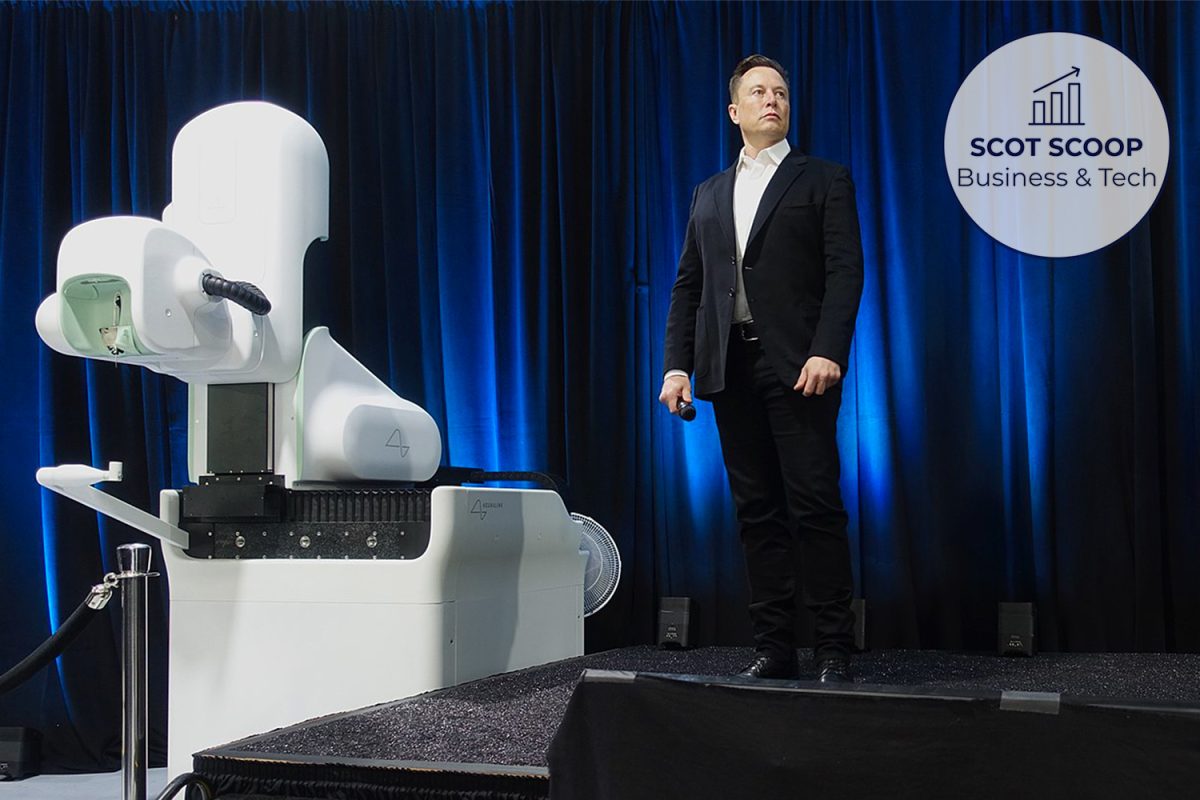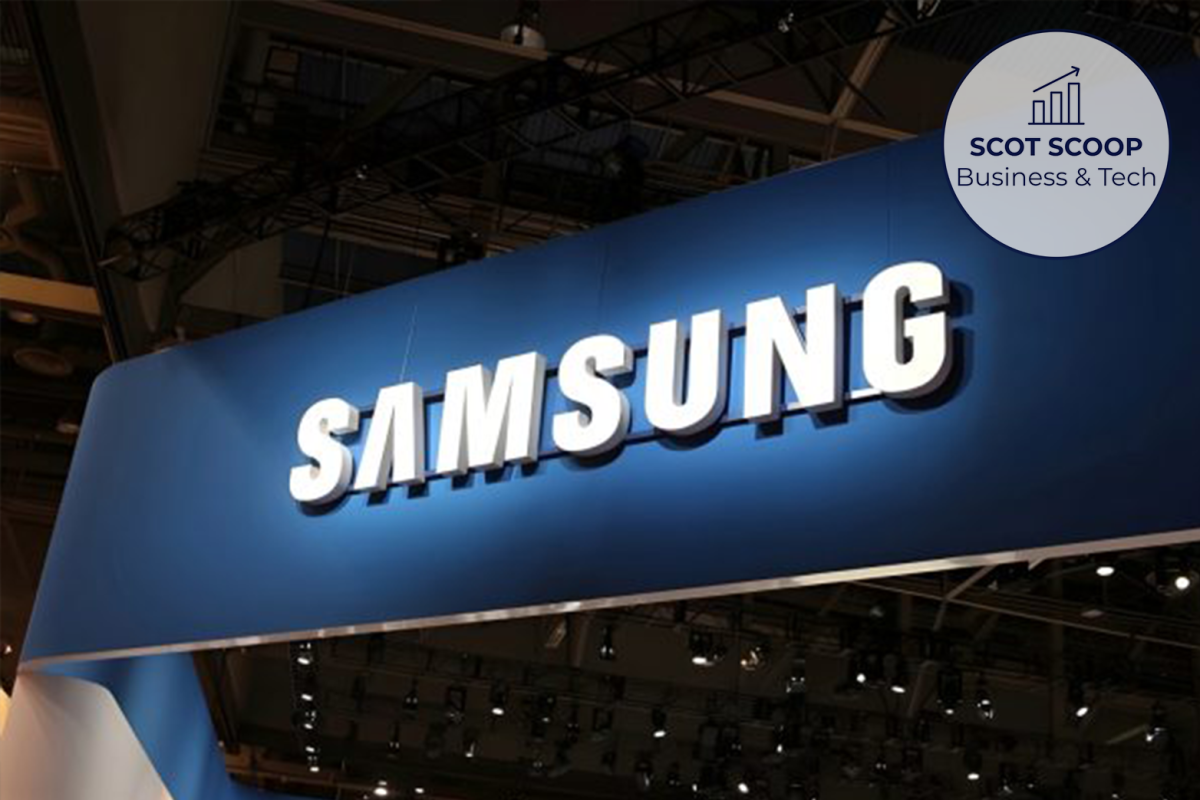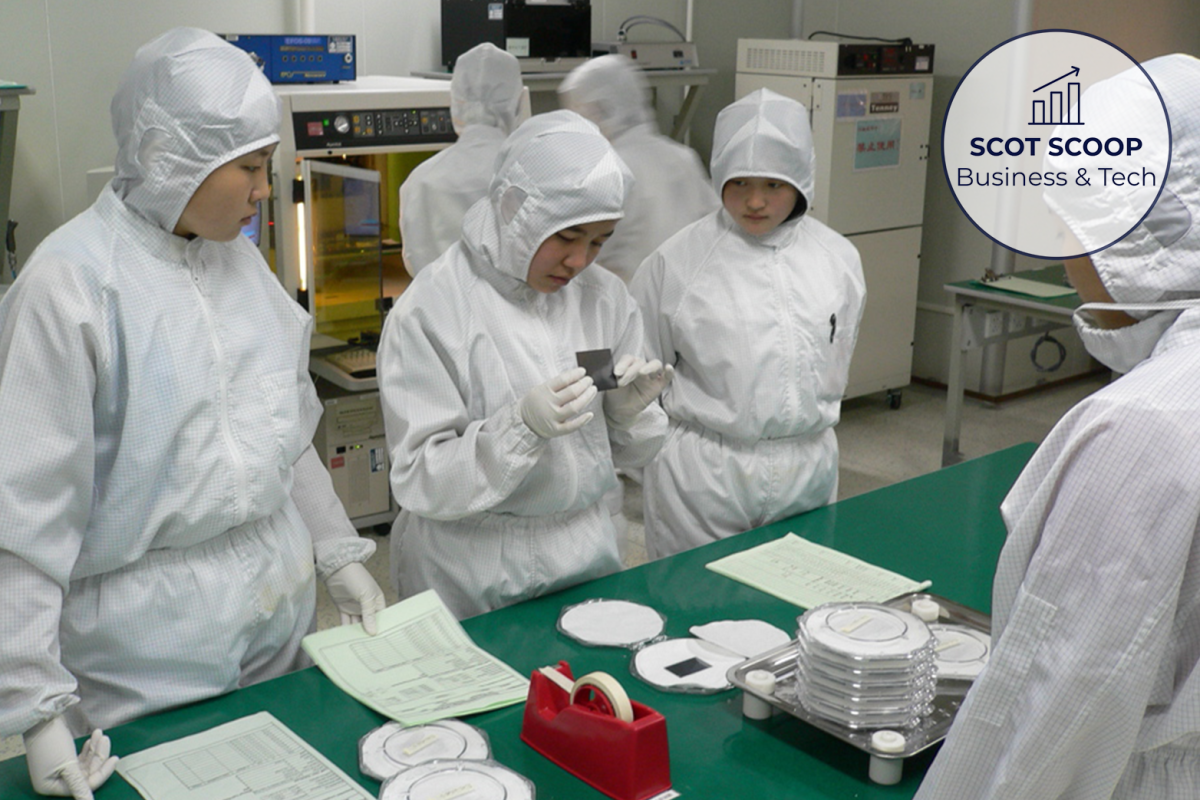Elon Musk, co-founder of Neuralink, announced on Monday that Neuralink implanted a brain chip in their first human test subject. According to Musk, the patient was recovering well.
Significance
The implant now marks Neuralink as one of the few companies that have tested brain implant technology on humans. Some of its competitors, such as Blackrock Neurotech and Synchron, had already passed this step, while others, such as Paradromics continue to work towards obtaining Federal Drug Administration (FDA) approval for a human test.
Critics
Previous applications for human testing by Neuralink in 2022 were rejected due to safety concerns. The company also faced a request in November 2023 by the Securities and Exchange Commission to investigate whether Musk had misled investors about safety after records showed that monkeys used in the experiments had suffered from serious health effects from the brain chips.
By December 2022, Neuralink had reportedly killed 1,500 animals since 2018 by testing, although the company has consistently denied any claims of animal cruelty and deaths.
In May, when the company announced they had received approval for human trials, Ryan Merkley, the director of research advocacy at the Physicians Committee for Responsible Medicine, commented on Musk’s approach.
“If he cared about the health of patients, he would invest in a noninvasive interface,” Merkley said.
Synchron claims to use a minimally invasive procedure for its product in order to avoid open brain surgery on its website, although Blackrock Neurotech’s flagship product also involves surgically implanting the device into the brain, similar to Neuralink.
Science fiction
Musk has generated significant publicity for Neuralink by championing some science fiction-esque goals, such as X-ray vision, telepathy, or combining humans with artificial intelligence.
The goals’ feasibility is questionable, given their reliance on unproven theories in neuroscience. Current neuroscience research has not advanced to where the touted goals of the company would be possible, giving rise to increasing consumer skepticism. Part of the reasoning for Musk’s vision for the future of Neuralink may be because of a limited understanding of neuroscience, and more research is needed before any of the company’s goals can move past speculation, according to a National Institute of Health paper.
The new implant brings Neuralink a step closer to its goals as they work towards improving the safety of their technology, and developing their first product.












